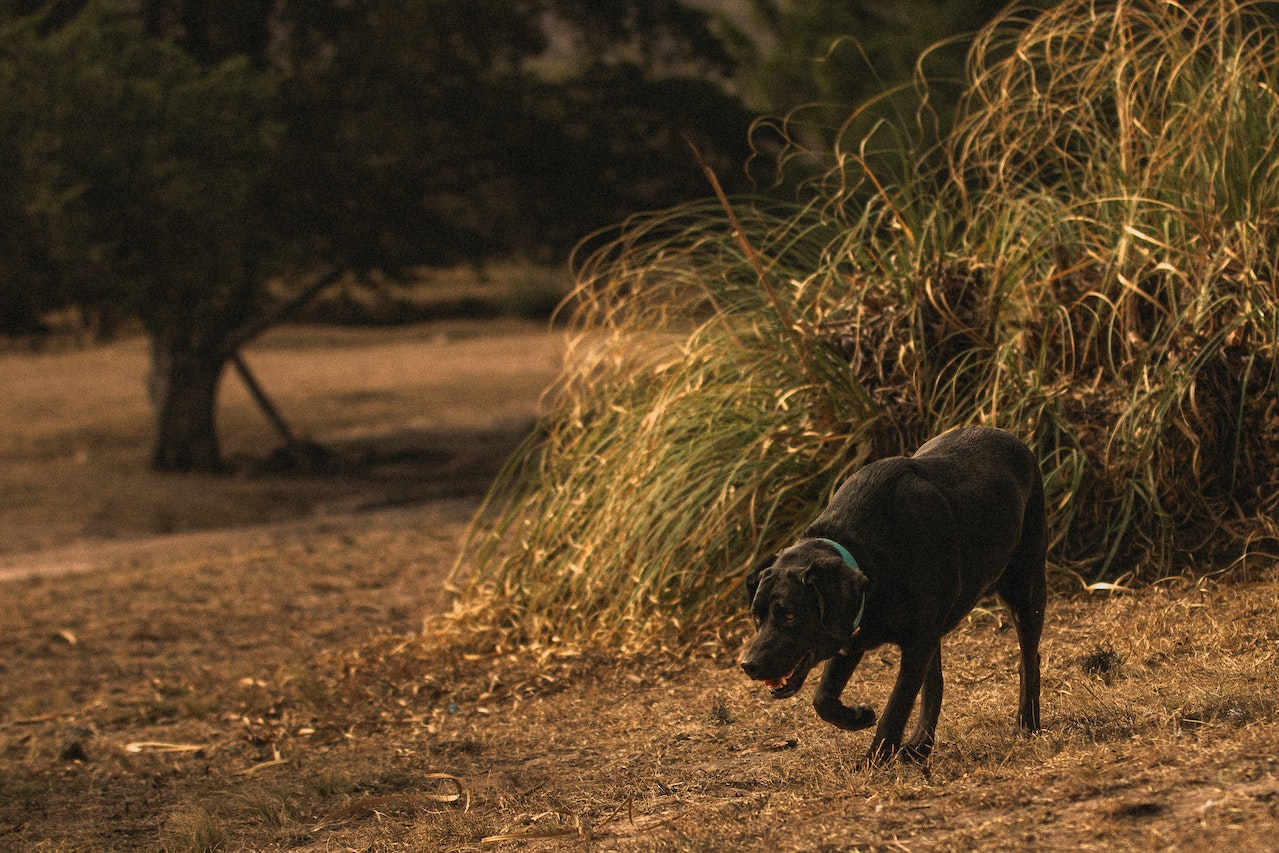How to Stop Dog Pooping in House at Night
If you’re struggling with your Labrador pooping in the house at night, I understand how frustrating and perplexing it can be. But don’t worry, I’m here to help you find a solution. There could be several reasons why your Labrador is having accidents indoors during the night, ranging from medical issues to behavioural problems. By addressing these issues and implementing some effective strategies, you can put an end to this issue and enjoy peaceful nights without any mess.
Firstly, it’s important to rule out any underlying medical conditions that might be causing your Labrador to have accidents inside. Schedule a visit to the veterinarian for a thorough check-up. A urinary tract infection or gastrointestinal issues could be contributing factors. Once any potential health problems are addressed and resolved, you can focus on behavioural training techniques.
Establishing a consistent routine is key when it comes to preventing nighttime accidents. Make sure your Labrador gets plenty of exercise during the day so they are tired and ready for sleep at night. Take them outside before bedtime for a bathroom break, ensuring they have ample opportunity to eliminate outdoors before settling down for the night.
In addition, consider crate training as it can be highly effective in preventing accidents indoors. A comfortable crate acts as a den where your Labrador feels safe and secure. Dogs generally avoid soiling their sleeping area, so by confining them in their crate overnight, you’ll encourage them to hold their bladder until morning.
Remember that patience and consistency are crucial throughout this process. With proper training techniques and understanding of your Labrador’s needs, you’ll soon overcome this challenge of nighttime accidents in no time!
Understanding the Reasons Behind Nighttime Accidents
When it comes to dealing with a dog pooping in the house at night, it’s crucial to understand the underlying reasons behind this behaviour. As a Labrador owner myself, I’ve faced this issue and delved into the possible causes. Here are some insights that might shed light on why your furry friend is having nighttime accidents:
- Lack of proper bathroom breaks: One common reason for nighttime accidents is that your Labrador may not be getting enough opportunities to relieve themselves before bedtime. Dogs have different bathroom needs, and failing to provide them with adequate outdoor time can result in accidents indoors.
- Anxiety or stress: Just like humans, dogs can experience anxiety and stress, which may manifest as house soiling behaviours. Changes in routine or environment, separation anxiety, or fear can contribute to nighttime accidents.
- Medical conditions: It’s essential to rule out any underlying medical issues that could be causing your Labrador’s nighttime accidents. Conditions such as urinary tract infections or gastrointestinal problems might lead to increased urgency and frequent elimination.
- Age-related factors: Puppies and senior dogs are more prone to having accidents during the night due to their developing bladder control or age-related health concerns.
- Inadequate crate training: If you use a crate for your Labrador at night, improper crate training techniques can lead to soiling inside the confined space. A poorly sized crate or negative associations with the crate can contribute to this problem.
To address these issues effectively, consider implementing the following strategies:
- Establish a consistent routine for bathroom breaks throughout the day.
- Gradually acclimate your Labrador to their designated sleeping area or crate.
- Ensure regular vet check-ups to rule out any underlying medical conditions.
- Create a calm and secure environment by reducing potential sources of stress.
- Provide mental and physical stimulation during the day through exercise and interactive playtime.
Remember, every dog is unique, so it may take some trial and error to find the right approach for your Labrador. Patience, consistency, and positive reinforcement are key when addressing nighttime accidents. By understanding the reasons behind this behavior and implementing appropriate strategies, you can help your furry friend overcome this issue and promote a clean living environment for both of you.
